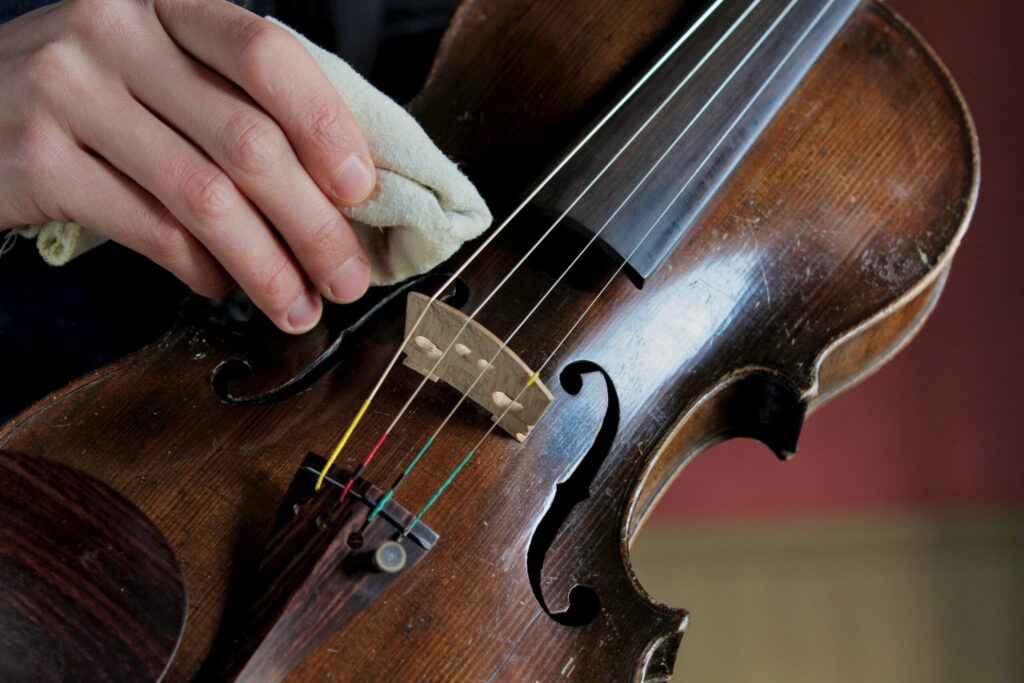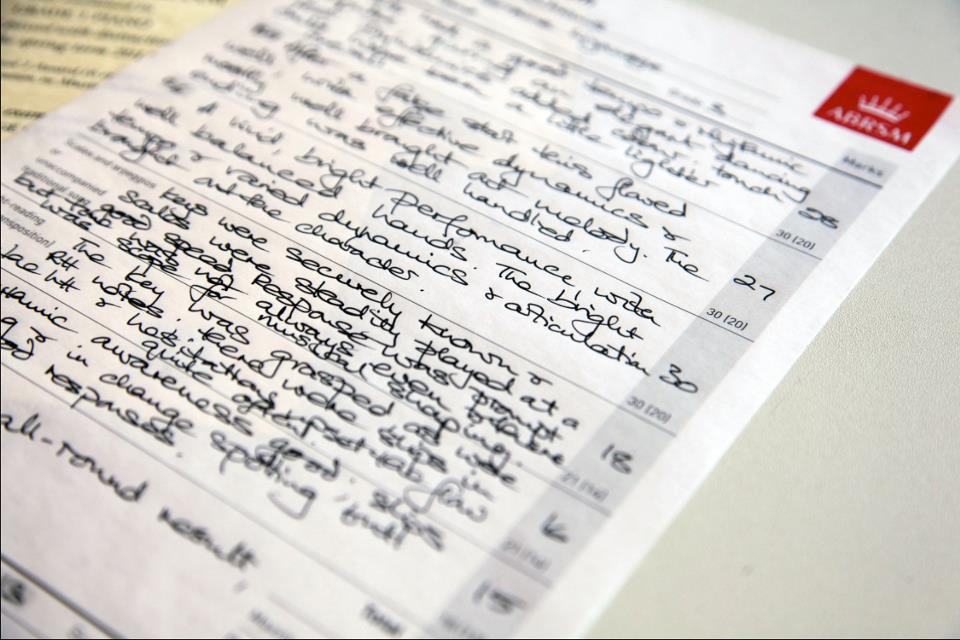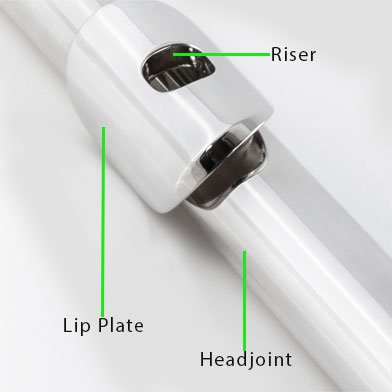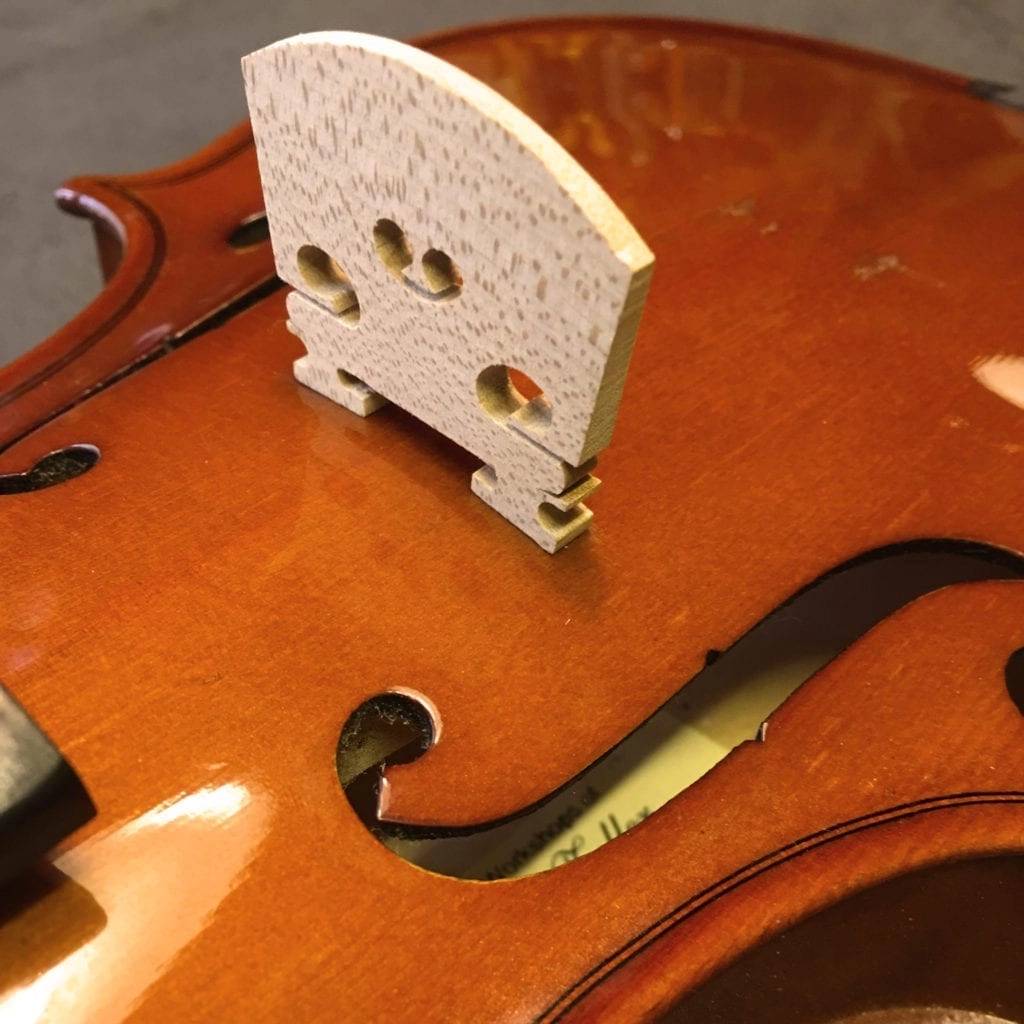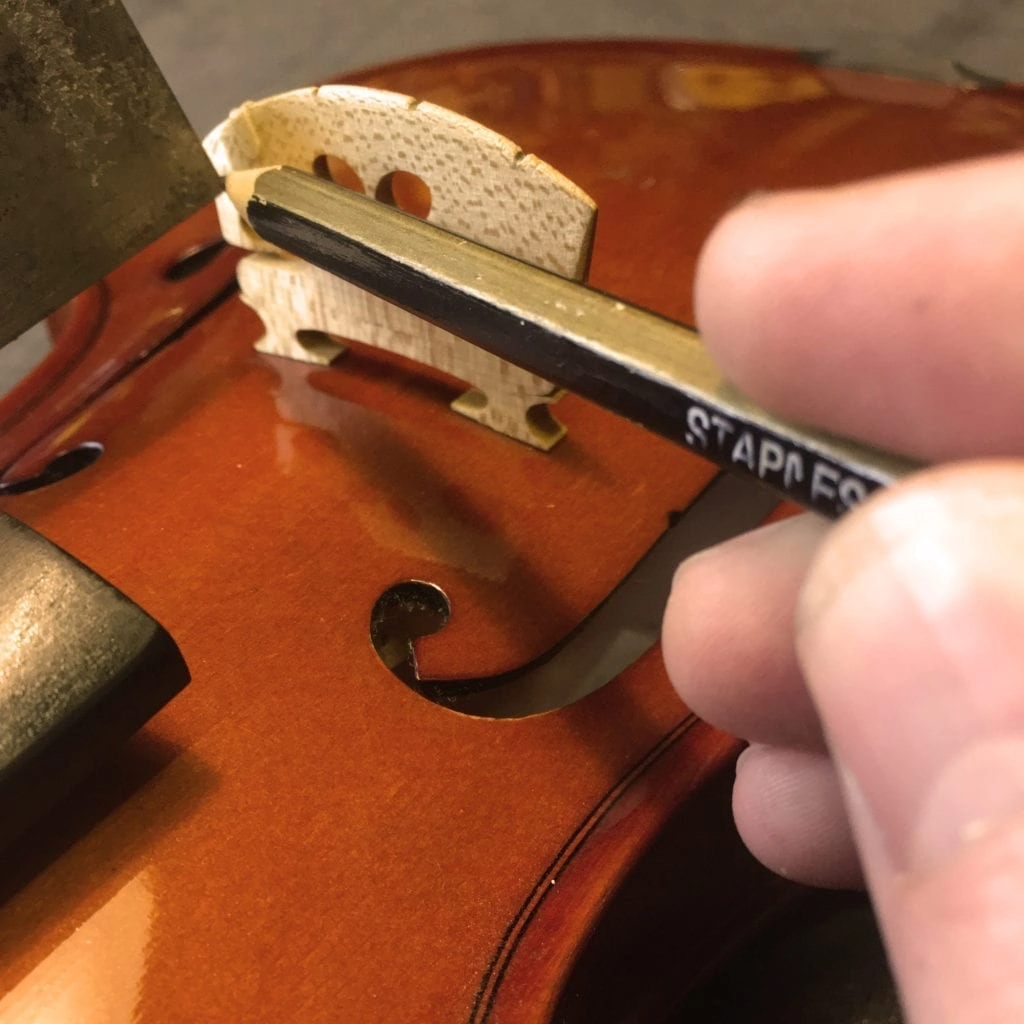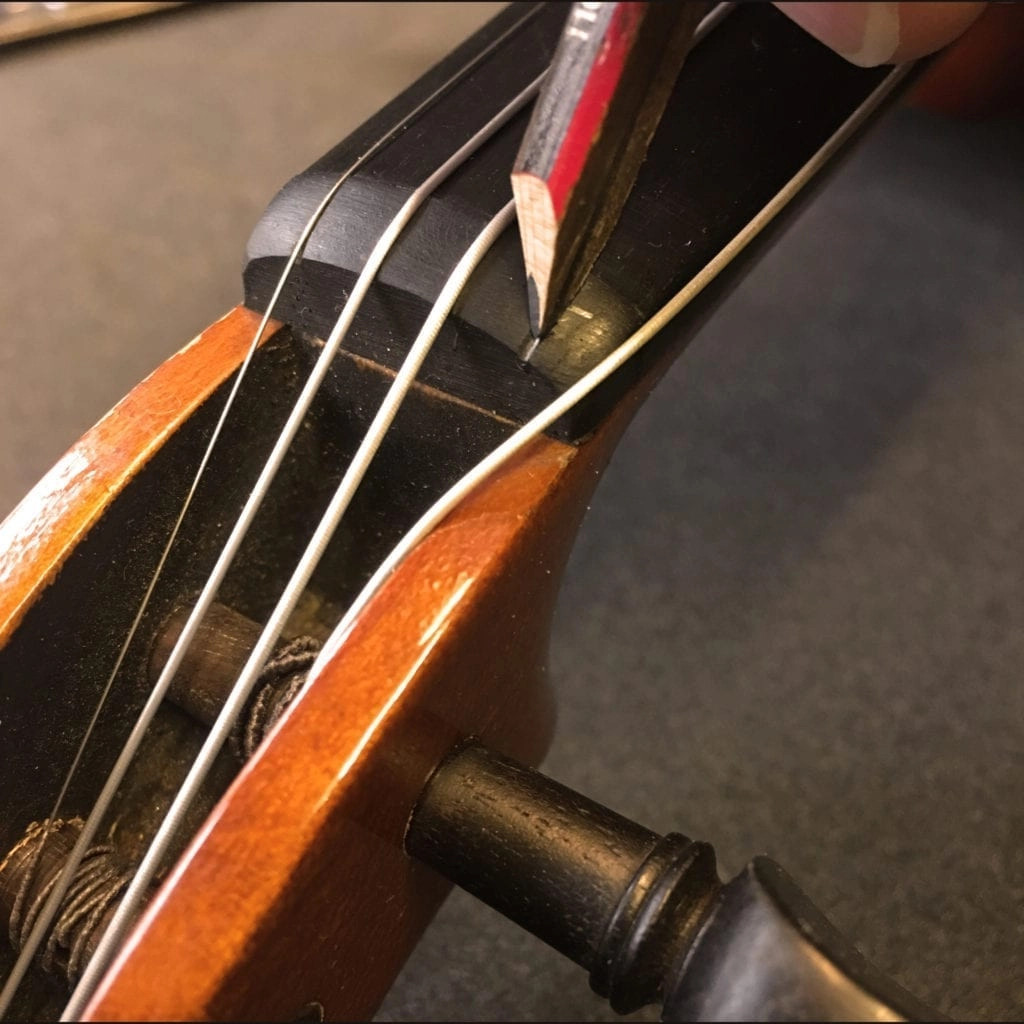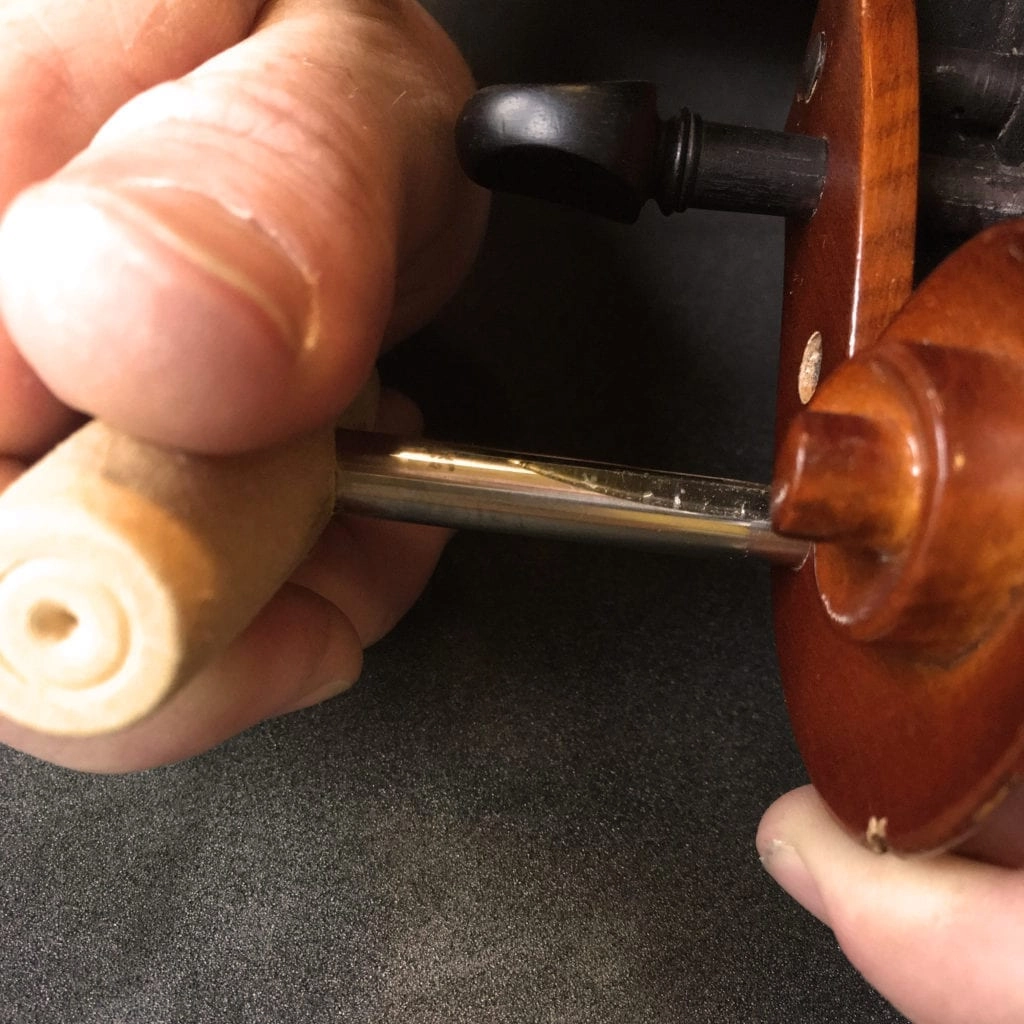It is a strange phenonium that careers in music aren’t often seen as “serious”. Music is all around us and thousands of people work in the industry. Whether as teachers, professional musicians, in film, tv, theatre or radio to agents, retailers, in youth organisations, the church or chapel, being a music therapist, or busking on the street corner.
Music Everyday
Wherever we go there is music. It is piped all around us when shopping, and we have it in our homes, our cars, at work, at school, at the cinema, sporting events, restaurants, clubs, bars, on holiday – we are very rarely without hearing music at some stage during a 24-hour day.
Music all Around Us
Whatever we are listening to it has been written, recorded, mixed, produced, edited and published at some stage during it’s making. This is all done by musicians, whether they are composing it, playing it, singing it, or on the technical front they are all musicians.
Music in TV, Theatre & Film
The most popular reality shows on television involve music, whether on ice, dancing, stage or dance it all involves music. All tv shows and adverts have music in them. We need the music to help understand what is happening on the screen – it would be very strange not to have music behind much of what we watch. Equally film and theatre music are a huge part of the show or film. It is a very important part of the show or film and we would be lost without the music. There are several award ceremonies for purely music across the industry.
To work in the TV, theatre or film industry you will need to often start at a local level and build up some experience before approaching the big names in the industry. You will need a good knowledge base which can generally only be learned “on the job”.
An array of Choice
There is no escaping music, and no one really doesn’t like music. It doesn’t mean that we all like all music – we don’t! There are so many styles of music it would be difficult to name them all and not miss some out. We all have our favourites, whether it is classical, rock, rap, pop, jazz, oriental, musicals, old or new it has been written by someone and then that composition has been bought to life by a performer. Many vocal numbers will have a number of people work on them – the composer of music, the writer of the vocals and the artist who performs the number.
Technical Support
Bands on tour or doing concerts or gigs at venues whether large or small will have a team of technicians. The soundman will be one of the most important people on the technical team for the musicians – if the music isn’t sounding good it won’t be received very well. It is an amazingly specialised area and the sound team will have worked in the industry for many years before getting a reputation for being consistent and able to manage the sound of several musicians on stage at any one time. Equally, lights and cameras will be operated by qualified technicians who will need a knowledge of the music.
Music at School
Students will learn music at school from nursery through to Key Stage 4 where it becomes an option subject. To work in the music education industry, you won’t always have to have studied music – you may just have happened to apply for a job in the industry, but your specialisation is on the administration side maybe. However, if you want to pursue a career in music you will generally have to study it for the duration. GCSE music and A level music are often required to study music for a degree, often alongside a high practical grade and theory of music grade.
Primary School Music Teacher
Music is a specialist subject – often a least favourite subject for primary teachers at it is so vastly different to teach from a written subject and if you are not a musician it can be quite daunting! It is a practical subject, it is noisy to teach, young children love nothing more than bashing an instrument and making noise! It gives a sense of freedom that children don’t get in other subjects. It is rewarding and instant. It doesn’t take several lessons to produce a set of work on percussion for example – it is instant and in a music lesson you can achieve a class playing percussion to produce a piece of “sound” before the bell goes.
Secondary School Music Teacher
For older children where music is still compulsory in the national curriculum it requires a different set of skills from the music teacher. Key stage 3 music will often be more technology based with students learning a software music programme with keyboards linked to computers. It is often not a popular subject with students as most will drop the subject when doing their GCSEs. However, it is a great lesson for most as it doesn’t carry the pressure of much homework and it is practical and an opportunity to work in small groups.
Music A level can be technology or pure music – it is worth checking what A level is available at your secondary school rather than just assuming it is one or the other. Some schools will offer both if the department is large enough.
University Lecturer of Music
You will be a specialist musician in a specific field to be a lecturer in music at a University. You will be an expert in your field and be nurturing the future for the undergraduates. Your standards will be very high, and the expectations of the students will be equally as high of you.
Profession Musician/Performer/Session Musician/Periplectic Teacher/Conductor
To become a professional musician is a privilege as far as jobs are concerned. If you have reached this level, you will be a superb musician who has worked hard for many years and studied hard. You may be in an orchestra or be a peripatetic teacher in a school or music hub. Many musicians make their living from being a session musician which means that they are available to hire for events as a one off. Many will have regular contracts with organisations and their reputation will build over time. Musicians will also form small groups to play at weddings – a string quartet is a regular sight at weddings and this can be a lucrative income for a musician relying on ad hoc work to boost their income.
Being a member of a professional orchestra is a full-time job. It will involve rehearsing, touring, performing and often be quite anti-social hours. It can be a very rewarding job though and you will see the world if you are in a touring orchestra with a good reputation!
Equally being a member of a professional choir will also offer the same opportunities as an instrumental musician in an orchestra.
Professional musicians will often teach too and have understanding students who will be aware of the absence when the teacher is away. The benefits of such a high level of teacher will out way the missed weeks due to the absence of the teacher!
A peripatetic music teacher is an instrumental or vocal teacher who travels school to school delivering individual music lessons. They work can be a little nomadic, but it is a satisfying role and gives some flexibility to a musician who takes on other work. Equally a private music teacher who teaches from home or travels to private homes will work in a similar manner.
A conductor is the person at the front of the orchestra who waves their hands around! Of course, this isn’t what they are doing – they are holding all the musicians together and basically being the director of the music being performed. A conductor will have gone through many years getting the experience required to conduct on a professional level. It takes much dedication and a good degree of control to keep a full orchestra in strict time with each other. Every musician will follow the conductor – they cannot afford to make any mistakes. It isn’t a job for the light hearted. Conductors can be held in as much high esteem as a leader of an orchestra.
Recording Artist - Music
Recording artists again are a privileged group of musicians. This is all about being unique and striking the right deal with the right recording agent or label. You will need to put some effort into impressing the right people and getting noticed.
Music Therapist
A music therapist is another amazing job for a musician. Whether you work in a hospital, care home, hospice, or with disabled people you will be a valuable member of the team. It is a very specialised career and you will need music alongside the relevant health care qualification. As far as rewarding jobs go it will be up there with the best!
Musical Instrument Technician/Repairer/Luthier/Restorer
You may like the idea of building, maintaining, restoring, repairing, or servicing instruments. You can do a degree in instrument making, servicing, being a technician or luthier. These are all specialised industries and you will generally specialise in one set of instruments rather than across the board. Your skill set will improve over the years and professional musicians will send their instruments across the world to their preferred specialist to service their instrument.
Music Retailer
A retail music shop will very often have musicians working in it. It isn’t easy to sell a guitar or violin bow with no knowledge – a customer will want to know about the product and will often ask many questions about the specific item they wish to buy. You need to be a musician to be able to advise correctly and sell the correct product.
Radio DJ
Radio stations use DJs. Many radio stations are music stations and to be a DJ on one of these you will need to be a musician! You will be talking about the tracks, the musicians, doing interviews and will need good knowledge of the genre of music you are playing.
Solicitor, Accountant/Business Manager/Personal Relations or Administration in Music
The more desk bound jobs in music would be along the lines of solicitors, accountants, business manager, PR, and administrators. Musicians need contracts and accounts doing in the same way that other professionals need to keep everything in order. A professional orchestra, or musician will have a business manager. This post will run in the same way as a manager would manage any business. Equally the personal relations manager of a professional musician or group will have an important role in managing the relationship between the public and their client. Most large music organisations and some schools will have music administrators. These people will manage the organisation of events, teachers, extra curriculum, manage email, advertising or anything else required for the music in that company. A knowledge of how musicians work is useful although not essential.
Church Choir Master/Organist/Pianist
Many churches, chapels, or other religious organisations will have their own resident musicians. They will rehearse the choirs, conduct the choirs, play the organ and/or piano and deliver much of the music for the service for that organisation. They are often part of the local community and will also organise other music events for the organisation throughout the year. Some organisations will have their own orchestras or small groups who perform in services.
Music Journalist/Critic
To be able to write about music or be a critic you need to be a musician yourself. It is a specialist industry and is often all about contacts. You cannot possibly be a critic if you have no knowledge of music yourself – you will be slated! Music journalists can venture far and wide to interview, review and meet musicians. We are all interested in what our favourite musicians are doing in their day to day life – whether they are the new kid on the block, retiring, doing a tour, a comeback tour, a band breaking up, getting married, having children, wearing the latest fashions – basically anything at all and we will read about it if we are interested. Someone must write this and do the research.
This is another area that would be advisable to start at a local level and build up the experience.
Armed Services Musician
The army, Royal Air Force and Royal Marines all have their own musicians who are employed as musicians but take on an active military role when required. The musicians will be able to play one or more instrument to a very high professional standard. They will be involved in providing music for any occasions where the band or orchestra are required and often the work will be anti-social hours. They will often tour and travel throughout the UK playing at large venues.
There is also The Mounted Band of the Household Cavalry are a group of musicians who play whilst riding their horses. This is more of a traditional role and used at functions such as Trooping the Colour. It goes without saying that you need to be able to multi task to perform this spectacular role!
Music Historian
A music historian will often work at a University on a research project, in a museum or for an organisation preserving history. Music goes back through all the ages and there is a wealth of evidence to support that music has always existed in some form. To research music you will need to travel and often have a very patient manner to look through the many layers of our vast history to find a pivotal moment in history that can be recorded and piece together an important moment of time.
Video Games Sound Designer
Tablets, consoles, platforms often have “synthetic” music behind the games. This is purely produced on computers and takes as much skill but in a completely different way as a conventional piece of music. Some of the theme tunes have been transposed for children to learn on a conventional instrument – such is their popularity.


